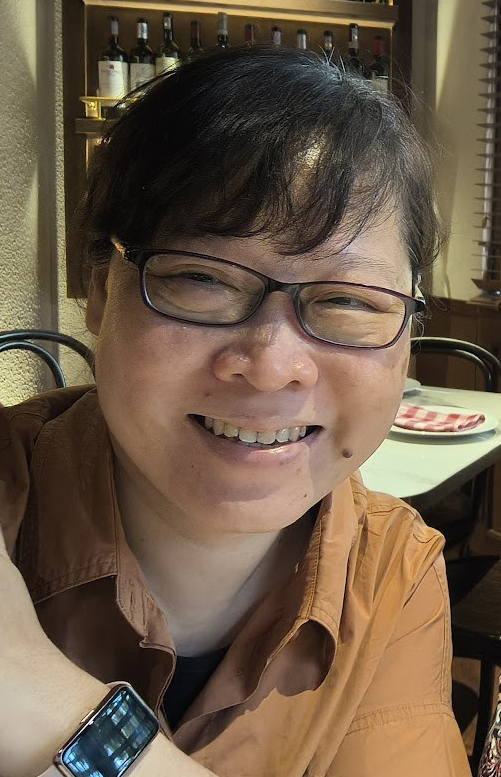Project-Based Learning in Metaverse for K-12 Students
This paper explores the implementation of project-based learning (PBL) in the metaverse for K-12 students, focusing on immersive and interactive educational experiences. The study highlights how virtual environments foster collaboration, creativity, and student engagement by simulating real-world challenges. The findings suggest that PBL in the metaverse can enhance critical thinking, problem-solving, teamwork, and building skills, providing a new dimension to traditional education methods.
Project-based learning (PBL) in the metaverse for K-12 students offers an innovative approach to education, leveraging immersive technologies to enhance student engagement and learning outcomes. Using a virtual environment, PBL allows students to work on complex, real-world projects in an interactive 3D space, encouraging them to explore, collaborate, and problem-solve in ways that traditional classroom settings may not support.
In this study, my students engage in tasks like designing virtual museums while interacting with peers in a dynamic and visually rich environment. The immersive nature of the metaverse fosters creativity and deepens understanding, as students are able to visualize and manipulate digital objects or environments, making abstract concepts more tangible.
One significant advantage is the metaverse capacity to support collaborative learning. Students can work together on projects in real time, regardless of physical location, which can help them develop communication and teamwork skills. Additionally, the gamified elements often found in metaverse platforms can motivate students by adding an element of fun, increasing their focus and persistence.
Moreover, personalization in the metaverse allows for differentiated learning experiences. Teachers can tailor projects to the needs of individual students or groups, offering scaffolding or additional challenges as necessary. This adaptive learning model can provide more meaningful feedback and enable students to work at their own pace.
In terms of assessment, PBL in the metaverse allows for a more authentic evaluation of student learning. Instead of traditional tests, teachers can assess how students approach complex tasks, how they collaborate, and the innovative solutions they create, offering a more holistic view of student achievement.
Overall, the use of PBL in the metaverse presents a forward-thinking approach to education that prepares students for a rapidly evolving digital world. It encourages the development of critical thinking, creativity, and technological literacy, which are essential skills for the future workforce.
Speaker
-
 Maria Magdalena / Marcel Storyteller (Poster Booth #16)
Maria Magdalena / Marcel Storyteller (Poster Booth #16)Maria Magdalena, S.Psi., M.Kom., is an educational technologist dedicated to transforming learning through immersive virtual worlds. Her expertise lies in designing interactive and engaging learning experiences that empower both students and educators. Through her work in metaverse development, she conceptualizes virtual classrooms, simulations, and learning environments that foster collaboration, critical thinking, creativity, and real‐world problem solving.
As an instructor, she has led students in initiatives such as the International Metaverse Building Challenge. She has also created simulations that allow learners to explore scenarios impossible in the physical world, and she develops metaverse modules implemented in schools. A sought‐after speaker, Maria has presented at OSCC in both 2022 and 2023, sharing insights on virtual education and technological innovation.
Her vision is to build a future where education transcends the limitations of physical classrooms––where every learner, regardless of location or background, has access to a world‐class, immersive learning experience. Maria is deeply committed to continuous innovation, collaboration, and ensuring that virtual worlds are powerful tools for equitable, meaningful education.
I am also known as Marcel Mosswood in SL.
https://about.marcellinamaria.my.id


